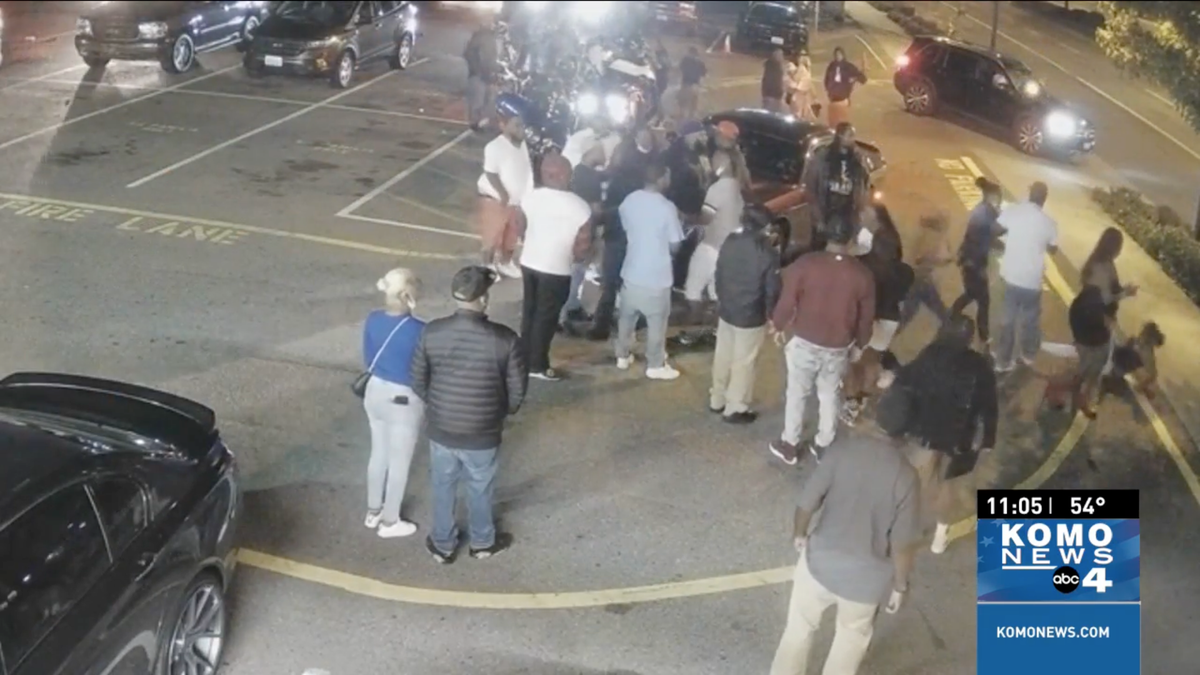- cross-posted to:
- [email protected]
- cross-posted to:
- [email protected]
A judge in Washington state has blocked video evidence that’s been “AI-enhanced” from being submitted in a triple murder trial. And that’s a good thing, given the fact that too many people seem to think applying an AI filter can give them access to secret visual data.
Imagine a prosecution or law enforcement bureau that has trained an AI from scratch on specific stimuli to enhance and clarify grainy images. Even if they all were totally on the up-and-up (they aren’t, ACAB), training a generative AI or similar on pictures of guns, drugs, masks, etc for years will lead to internal bias. And since AI makers pretend you can’t decipher the logic (I’ve literally seen compositional/generative AI that shows its work), they’ll never realize what it’s actually doing.
So then you get innocent CCTV footage this AI “clarifies” and pattern-matches every dark blurb into a gun. Black iPhone? Maybe a pistol. Black umbrella folded up at a weird angle? Clearly a rifle. And so on. I’m sure everyone else can think of far more frightening ideas like auto-completing a face based on previously searched ones or just plain-old institutional racism bias.
just plain-old institutional racism bias
Every crime attributed to this one black guy in our training data.
No computer algorithm can accurately reconstruct data that was never there in the first place.
Ever.
This is an ironclad law, just like the speed of light and the acceleration of gravity. No new technology, no clever tricks, no buzzwords, no software will ever be able to do this.
Ever.
If the data was not there, anything created to fill it in is by its very nature not actually reality. This includes digital zoom, pixel interpolation, movement interpolation, and AI upscaling. It preemptively also includes any other future technology that aims to try the same thing, regardless of what it’s called.
No computer algorithm can accurately reconstruct data that was never there in the first place.
Okay, but what if we’ve got a computer program that can just kinda insert red eyes, joints, and plums of chum smoke on all our suspects?
I think we need to STOP calling it “Artificial Intelligence”. IMHO that is a VERY misleading name. I do not consider guided pattern recognition to be intelligence.
How is guided pattern recognition is different from imagination (and therefore intelligence) though?
Your comment is a good reason why these tools have no place in the courtroom: The things you describe as imagination.
They’re image generation tools that will generate a new, unrelated image that happens to look similar to the source image. They don’t reconstruct anything and they have no understanding of what the image contains. All they know is which color the pixels in the output might probably have given the pixels in the input.
It’s no different from giving a description of a scene to an author, asking them to come up with any event that might have happened in such a location and then trying to use the resulting short story to convict someone.
They don’t reconstruct anything and they have no understanding of what the image contains.
With enough training they, in fact, will have some understanding. But that still leaves us with that “enhance meme” problem aka the limited resolution of the original data. There are no means to discover what exactly was hidden between visible pixels, only approximate. So yes you are correct, just described it a bit differently.
they, in fact, will have some understanding
These models have spontaneously acquired a concept of things like perspective, scale and lighting, which you can argue is already an understanding of 3D space.
What they do not have (and IMO won’t ever have) is consciousness. The fact we have created machines that have understanding of the universe without consciousness is very interesting to me. It’s very illuminating on the subject of what consciousness is, by providing a new example of what it is not.
I think AI doesn’t need consciousness to be able to say what is on the picture, or to guess what else could specific details contain.
There’s a lot of other layers in brains that’s missing in machine learning. These models don’t form world models and
somedon’t have an understanding of facts and have no means of ensuring consistency, to start with.I mean if we consider just the reconstruction process used in digital photos it feels like current ai models are already very accurate and won’t be improved by much even if we made them closer to real “intelligence”.
The point is that reconstruction itself can’t reliably produce missing details, not that a “properly intelligent” mind will be any better at it than current ai.








